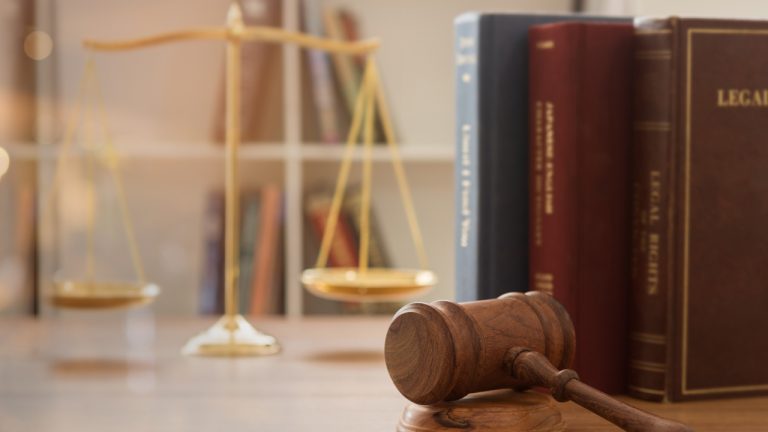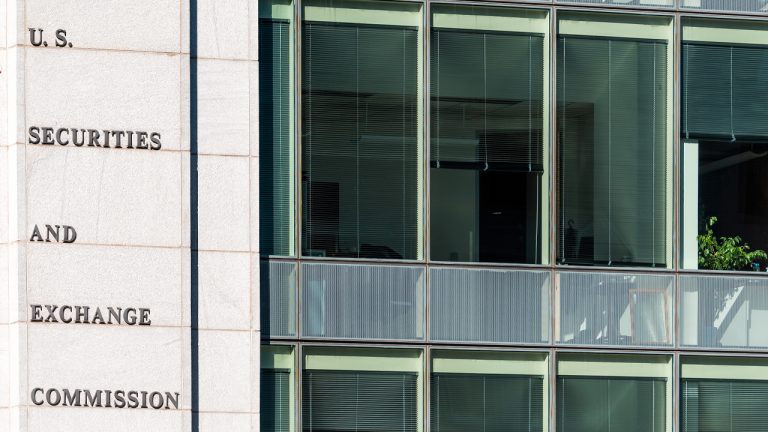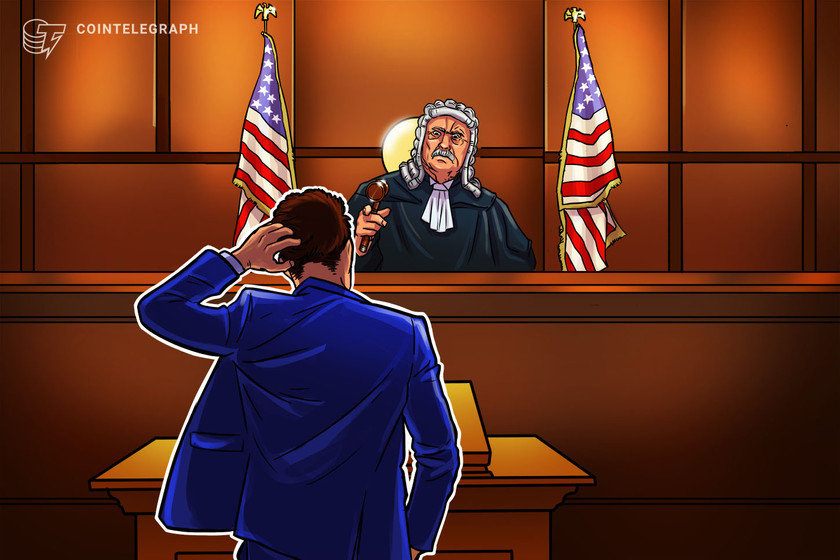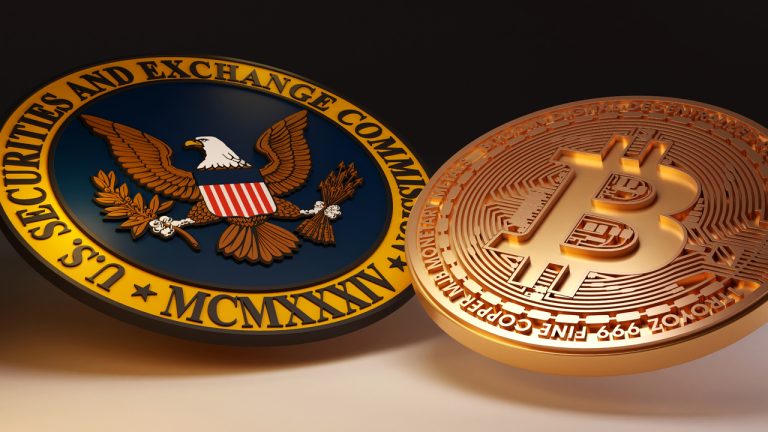
Hydrogen Technology Corp. and its former CEO will pay $2.8 million in fines and remedies for allegedly operating a price manipulation scheme.
A seven-month-long lawsuit between the United States securities regulator and a firm alleged to have manipulated the price of cryptocurrencies has come to a close with a $2.8 million payment.
On April 20, a New York District Court Judge ruled against Hydrogen Technology Corporation and its former CEO Michael Ross Kane in a suit brought by the Securities and Exchange Commission (SEC), ordering them to pay $2.8 million in remedies and civil penalties.
The sum comprises approximately $1.5 million in “disgorged” profits — which refers to gains made from unlawful conduct — as well as a penalty of more than $1 million.
Additionally, Hydrogen CEO Michael Kane agreed to pay an individual fine of approximately $260,000. The remaining amount is made up of prejudgement interest.
In September 2022, the SEC filed its complaint alleging Kane used Hydrogen’s market maker Moonwalkers Trading Limited to perpetrate a scheme that manipulated the volume and price of its ERC-20 token Hydro (HYDRO).
The SEC claimed Kane and Moonwalkers CEO Tyler Ostern worked “to create the false appearance of robust market activity” following the distribution of Hydrogen’s Hydro tokens by way of airdrops, bounty programs and direct-to-market sales in 2018.
We announced charges against The Hydrogen Technology Corporation, its former CEO, Michael Ross Kane, and CEO of Moonwalkers Trading Limited, Tyler Ostern, for unregistered offers, sales, and manipulation of crypto asset securities called “Hydro.”
— U.S. Securities and Exchange Commission (@SECGov) September 30, 2022
According to the SEC’s complaint, Ostern sold the tokens in an “artificially inflated market” which saw Hydrogen net more than $2 million in profit.
A day after the complaint was brought forward, Ostern agreed to settle the case for $41,000.
Related: SEC’s ‘brute force’ crypto regulation attempt is ‘bad policy’ — Paradigm
Both Hydrogen and Kane are now bound by the conditions of the settlement, which bars them from further disputing the charges that have been levied against them by the SEC.
Kane and the firm will be prohibited from selling any additional cryptocurrency until the Hydro tokens have passed the Howey test and received further approval from the SEC.
Kane is still permitted to participate in the wider cryptocurrency market, meaning he can still buy and sell crypto assets for personal gain.
Hall of Flame: Crypto Wendy on trashing the SEC, sexism, and how underdogs can win










